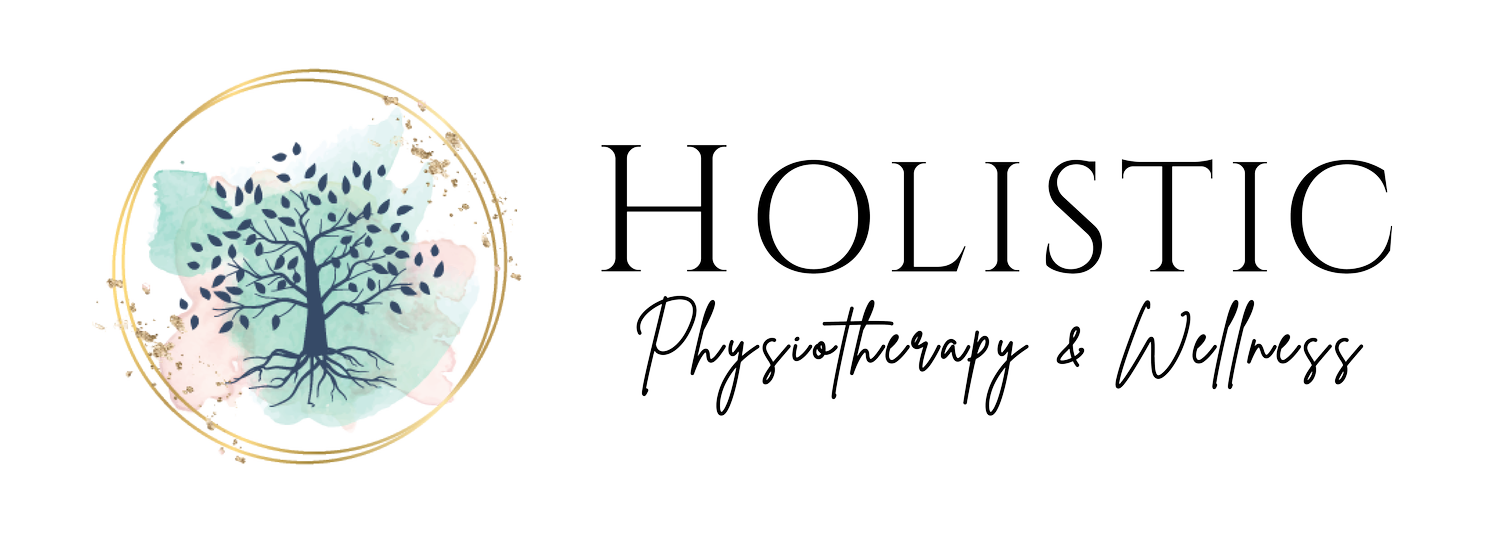Stress & Adrenal Fatigue
Written by Dr. Stephanie Liebrecht | September 12, 2020
Experiencing stress is a normal part of life, but the way we respond to ultimately deal with stress plays a major role in our health – mentally, emotionally, and physically. Our bodies are designed to deal with stress and the adrenal glands are one organ that plays a role in adapting to it. Below we discuss the different stages of our stress response, which includes the physiological and psychological changes that occur.
Stage 1 – Alarm Phase
This stage marks the body’s immediate reaction to a stressor, such as a job interview or sports competition. First, we sense the stressor, which is then followed by activating our sympathetic nervous system – commonly referred to as our “fight or flight” response. As a part of the response, our adrenals glands release stress hormones such as adrenaline, cortisol, and DHEA to adapt to the stress.
In the alarm phase, the adrenal glands are able to handle the stress and produce normal levels of stress hormones. You may experience some mild fatigue or disrupted sleep, however many people do not report any symptoms during this phase.
Stage 2 – Continued Alarm Phase
As the stress remains present in your life, the body continues to respond. The adrenal glands are working overtime to produce higher levels of cortisol. People resonate with the description of feeling “wired but tired” - you can push through the day, but crash in the evening.
Fatigue becomes a daily experience, which is paired with difficulty falling asleep, waking up in the night, or feeling quite tired upon waking. Other symptoms include low mood, nervousness, digestive upset, menstrual irregularities, and weight gain. You may reach for more coffee, sugar, or carbs as a quick source of energy.
Stage 3 – Resistance Stage
After months of stress, the adrenal glands have difficulty keeping with the body’s demand for cortisol. The adrenal glands become tired and cortisol levels begin to decline. You are still able to maintain every day activities, but it takes effort.
Generally people in the resistance stage start to feel regular fatigue, lack of interest in activities or tasks, low libido, brain fog, and describe their mood as a depression. You become tired after being out of bed for only a few hours and feel the need to nap. This phase can last months to years.
Stage 4 – Burnout Phase
The constant stress has brought you to a place of burnout. When someone is in this stage, the adrenal glands are over-worked and cortisol is low.
Acute stress is hard to handle, and exercise leaves you feeling drained and unable to recover. Depression, irritability, and lack of sex drive set in, and women experience irregular or absent menstrual cycles. Sleep quality is poor, and you feel tired upon waking. You may never reach a good level of energy in the day. You drag your feet and rely on coffee, carbs, sugar, and stimulants as a short-lived source of energy.
Recovery from this stage takes time and a change in lifestyle.
Dr. Stephanie Liebrecht
Doctor of Naturopathic Medicine


